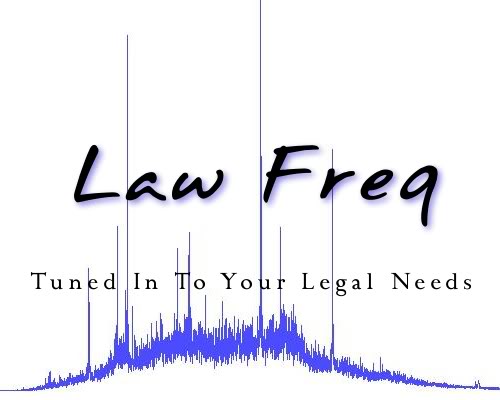Has anyone ever filed a lawsuit on behalf of a dog? Or, a lawsuit against a dog?
As Santa Clarita residents have noted, many writers throughout history have said dogs possess traits such as curiosity, a desire to please, and an active lifestyle. As a result, these traits have allowed dogs to enter into more than just a symbiotic relationship with humans. This is why many governments, like the City of Santa Clarita, have set aside large areas, such as Central Park, for residents to bring their dogs off-leash. However, even though humans and dogs have bonded through the millennia, we have been required to write laws not only to protect our most-loved companions, but also to condemn those dogs who have been neglected (or trained) to the point they do harm to humans.

Although mankind has fashioned several legal theories in the area of animal torts, such as: (1) bailment, (2) trespass to chattels, (3) conversion, (4) injury to property, (5) intentional infliction of emotional distress, and (6) veterinary malpractice, this post by Law Freq Legal Services will cover the set of elements, facts and evidence needed to establish a claim for damages brought upon a plaintiff’s pet or companion animal (i.e., dog), through the following legal theory: bailment.
First, we at Law Freq Legal Services should point out that for all of the legal theories named above, a plaintiff must prove that he/she is the valid owner of the animal at issue by showing:
[x] Plaintiff has documentary evidence of ownership or purchase;
[x] Plaintiff is identified to be in contact with the animal on regular basis;
[x] The animal is known to have resided at plaintiff’s home; and
[x] Witnesses can testify to facts concerning the aforesaid relationship.
Nevertheless, in order to place a valid claim or cause of action for bailment (with respective to the dog), a plaintiff must also prove:
[x] That he (the plaintiff) and defendant had an express or implied agreement to create a bailment;
[x] That plaintiff delivered the animal to the defendant;
[x] The condition of the animal when delivered;
[x] That defendant accepted the animal in the condition described, or,
[x] Plaintiff and defendant agreed on the expected condition of the animal when returned to plaintiff;
[x] The animal was not returned, or,
[x] The animal was returned in a condition not contemplated by the agreement, or,
[x] The animal was returned dead.
Now, for those Santa Clarita residents who are not familiar with the word “bailment,” it is defined as “the rightful possession of goods by one who is not the owner.” The word was derived from the French word “bailler” which means “to deliver.” Bailment is generally limited to tangible personal property. Thus, in this example, a dog is tangible personal property. Accordingly, if you have experienced anything related to the above-stated elements with regard to your dog or companion animal, or if you need assistance or general guidance, contact Santa Clarita’s caring legal professionals at Law Freq Legal Services. Now, that’s good advice!
Affordable Living Trusts throughout California
Affordable Living Trusts Southern California
California Living Trust
California Low Cost Legal Document Assistance
Complete Living Trust
Create a Living Trust in California
Do I Need a Living Trust
How much should basic estate planning documents cost
How To Do Estate Planning On The Cheap
Living Trust for California
Making a Living Trust
Protect Your Family with an Affordable Trust
Protect Your Family For an Affordable Price
The Time to Think About Estate Planing is Now
What Is the Average Cost to Prepare a Living Trust
What No One Tells You about Living Trusts
Why You Don’t Need a Living Trust
Will I lose any control over my property if I create a Revocable Living Trust
